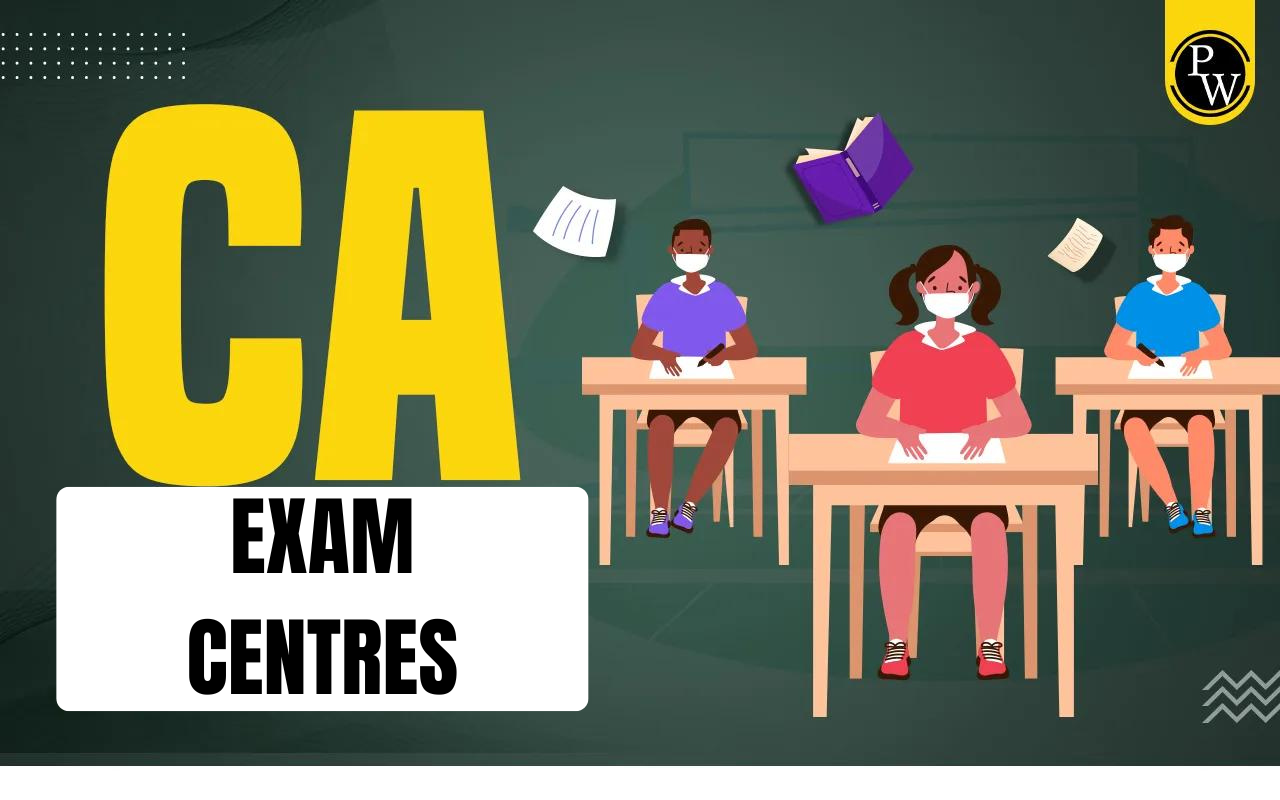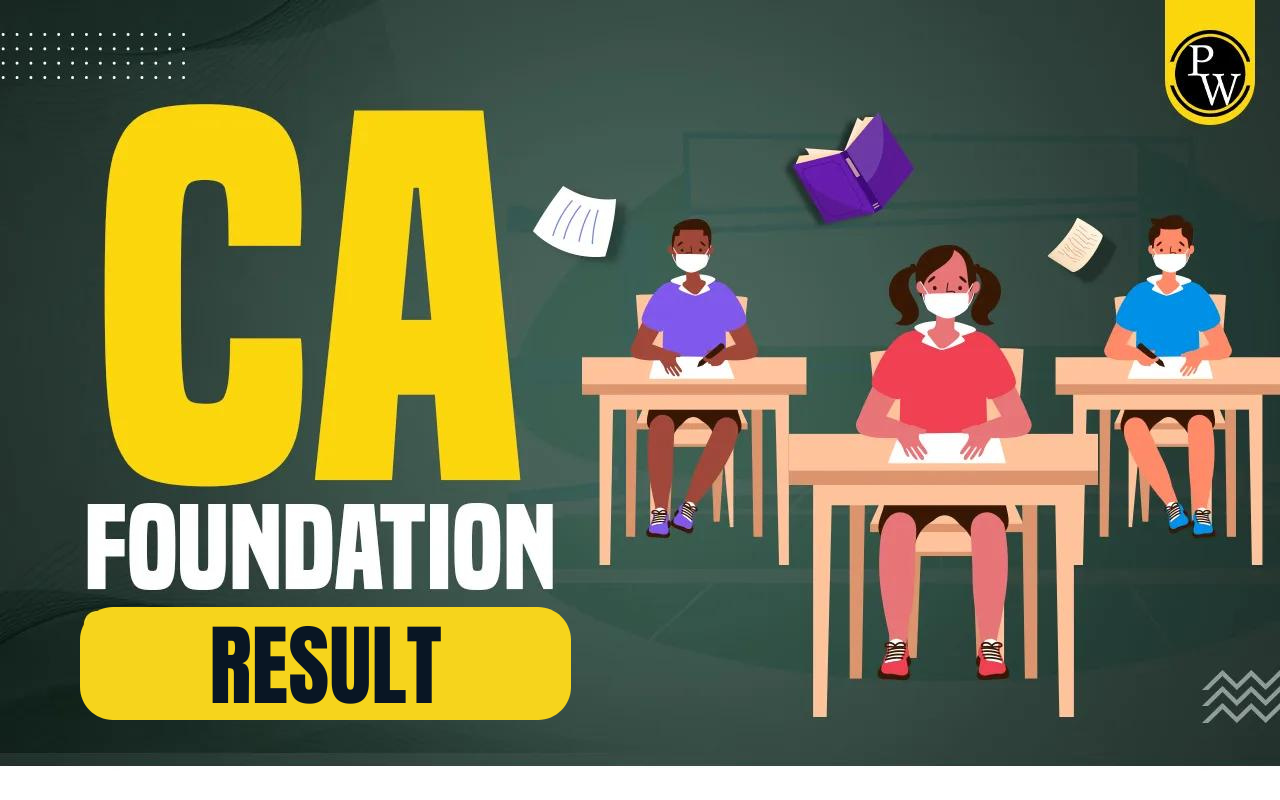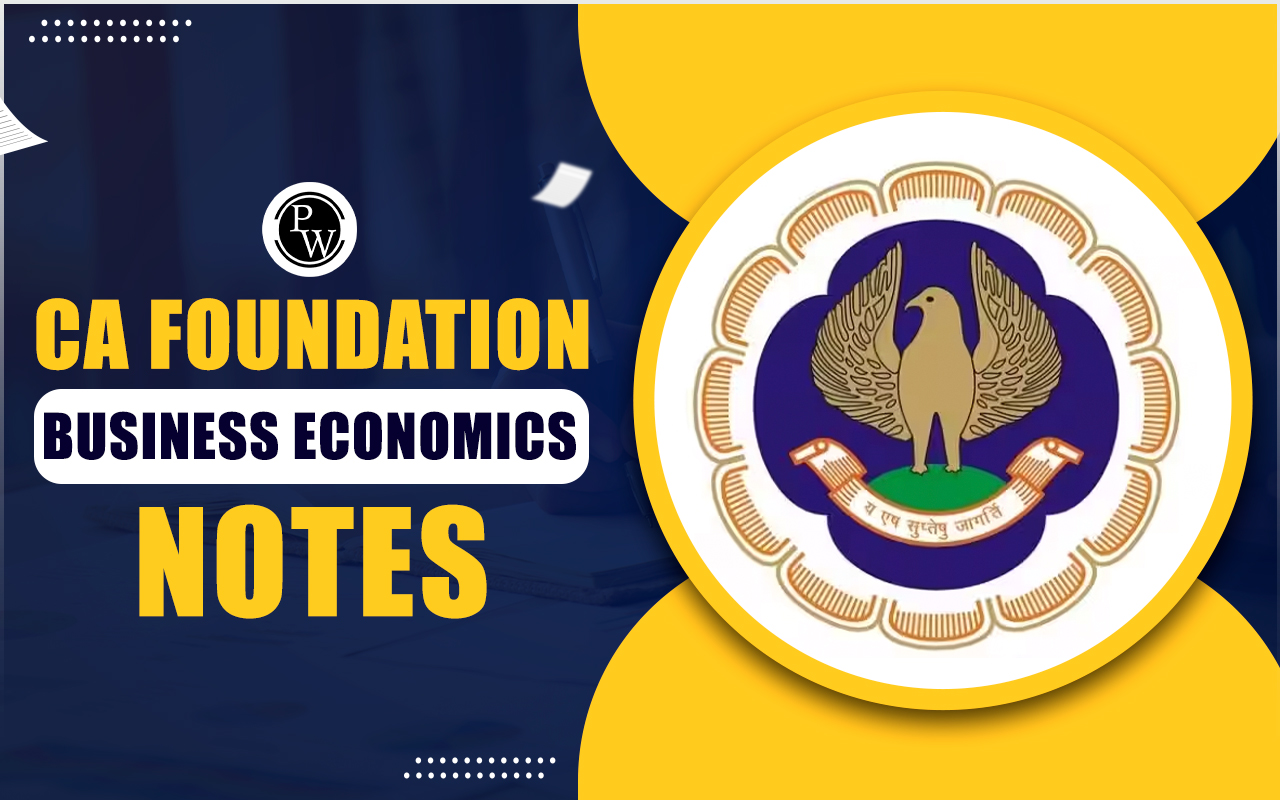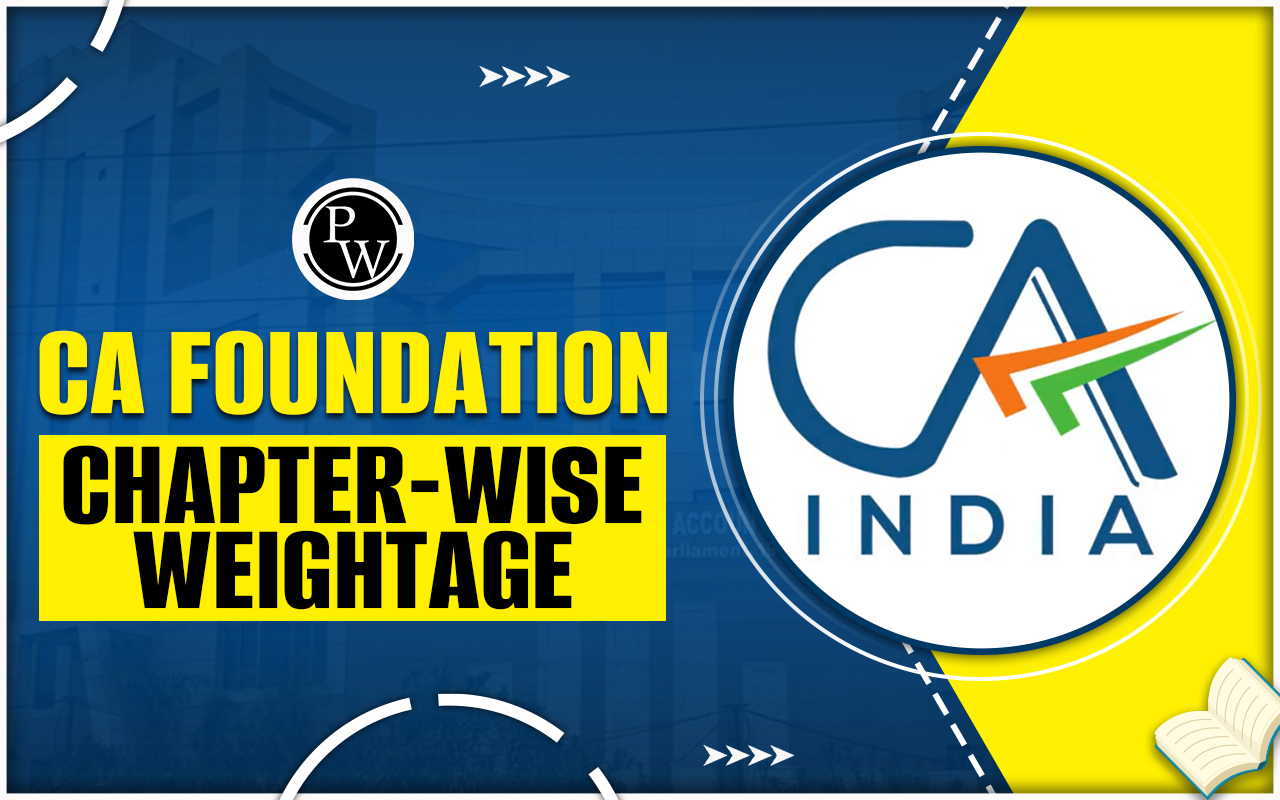
The ultimate aim of any business is to make a profit. To achieve this, it's crucial to monitor market trends and financial data. Accounting plays a vital role in maintaining accurate records of financial transactions, helping business owners understand their company's actual financial position, track profits and losses, and assess solvency for future planning.
One key aspect of accounting is the trial balance of sums and balances. Here, we’ll explore its importance in detail for CA exams.
What is a Trial Balance?
A trial balance is an essential accounting tool that provides a summary of a company's financial status and transactions over a specific period. It lists all accounts along with their total debits and credits, ensuring that the financial records are accurate and balanced.
This tool helps verify the reliability of balances used throughout the fiscal year, ensuring that the company's financial data is consistent and error-free.
Contents of a Trial Balance
A trial balance includes key financial details to ensure accuracy and clarity. It must contain:
-
Company Name
-
Specifications
-
Time Period
-
Account Code
-
Account Name
-
Total Debit and Credit Balances
Features of a Trial Balance
A trial balance serves as a bridge between financial recording and accounting analysis. Its key features include:
-
Acts as a Transition Point: Connects the recording system with accounting principles, aiding in financial reporting.
-
Supports Both Cash and Accrual Basis: Includes transactions recorded under both accounting methods.
-
Prepared Periodically: Typically prepared annually as per accounting standards, but monthly preparation is recommended for internal review.
-
No Date Column: Since it is prepared for a specific period, a date column is not required.
-
Derived from Ledger Records: Lists all accounts and balances based on ledger entries.
These features make the trial balance a crucial tool for verifying financial accuracy before preparing final statements.
Advantages of Generating a Trial Balance
A trial balance is a crucial tool for accountants and tax auditors, ensuring accuracy and compliance in financial reporting.
For Accountants:
-
Helps track financial transactions and ensures compliance with accounting principles.
-
Analyzes account balances to determine their accuracy.
-
Assists in identifying materiality and importance in financial statements.
-
Detects errors in account balances, such as incorrect debit or credit signs.
-
Ensures that the double-entry system is correctly applied (debits equal credits).
-
Identifies accounting estimates in the statement of financial position and comprehensive income.
For Tax Auditors:
-
Verifies the accuracy of journal entries and adjustments in the general ledger.
-
Cross-checks trial balance figures with financial statements.
-
Conducts audit procedures to validate financial assertions.
-
Applies analytical review techniques for deeper financial insights.
-
Identifies key management accounts and financial assertions.
-
Assesses control procedures for financial accuracy and compliance.
How to Prepare a Trial Balance?
Creating a trial balance requires a step-by-step approach to ensure accuracy in financial records. Follow these steps to prepare it correctly:
-
Record Transactions: Enter all financial transactions in the Daily Book and post them to their respective accounts in the General Ledger.
-
Calculate Totals: Add up the total debits and credits separately for each account.
-
Determine Account Balances: Subtract the credit total from the debit total to find the balance of each account:
-
If debits exceed credits, the account has a debit balance.
-
If credits exceed debits, the account has a credit balance.
-
Organize in a Table: List each account in a row and include columns for:
-
Total debits
-
Total credits
-
Debit balances
-
Credit balances
-
Identify Debtors and Creditors: Indicate whether each account represents a debtor (debit balance) or a creditor (credit balance).
-
Verify Accuracy: Add up all the debits and credits. If the total debits equal total credits, your trial balance is accurate and balanced.
Errors Affecting the Trial Balance
A trial balance may not balance due to incorrect entries or miscalculations. To resolve this, it’s essential to carefully review journal entries and identify any discrepancies.
Some common accounting errors include:
-
Omitting or duplicating an account or number.
-
Recording an incorrect transaction.
-
Entering transactions with the wrong date, leading to premature or delayed postings.
Errors That Do Not Affect the Trial Balance
Certain errors do not impact the trial balance, even if they exist in the records. These include:
-
Error of principle
-
Error of omission
-
Commission error
-
Compensatory mistake
-
Original input error
| Also Check | |
| Business Accounting | Data Protection Laws |
| Inventories | Sustainable Economic Growth |
| Tax Implications of Mergers and Acquisitions | Difference Between Journal and Ledger |
Trial Balance FAQs
What is a trial balance in accounting?
Why is a trial balance important?
What are the key features of a trial balance?
What are common errors affecting the trial balance?
How often should a trial balance be prepared?










